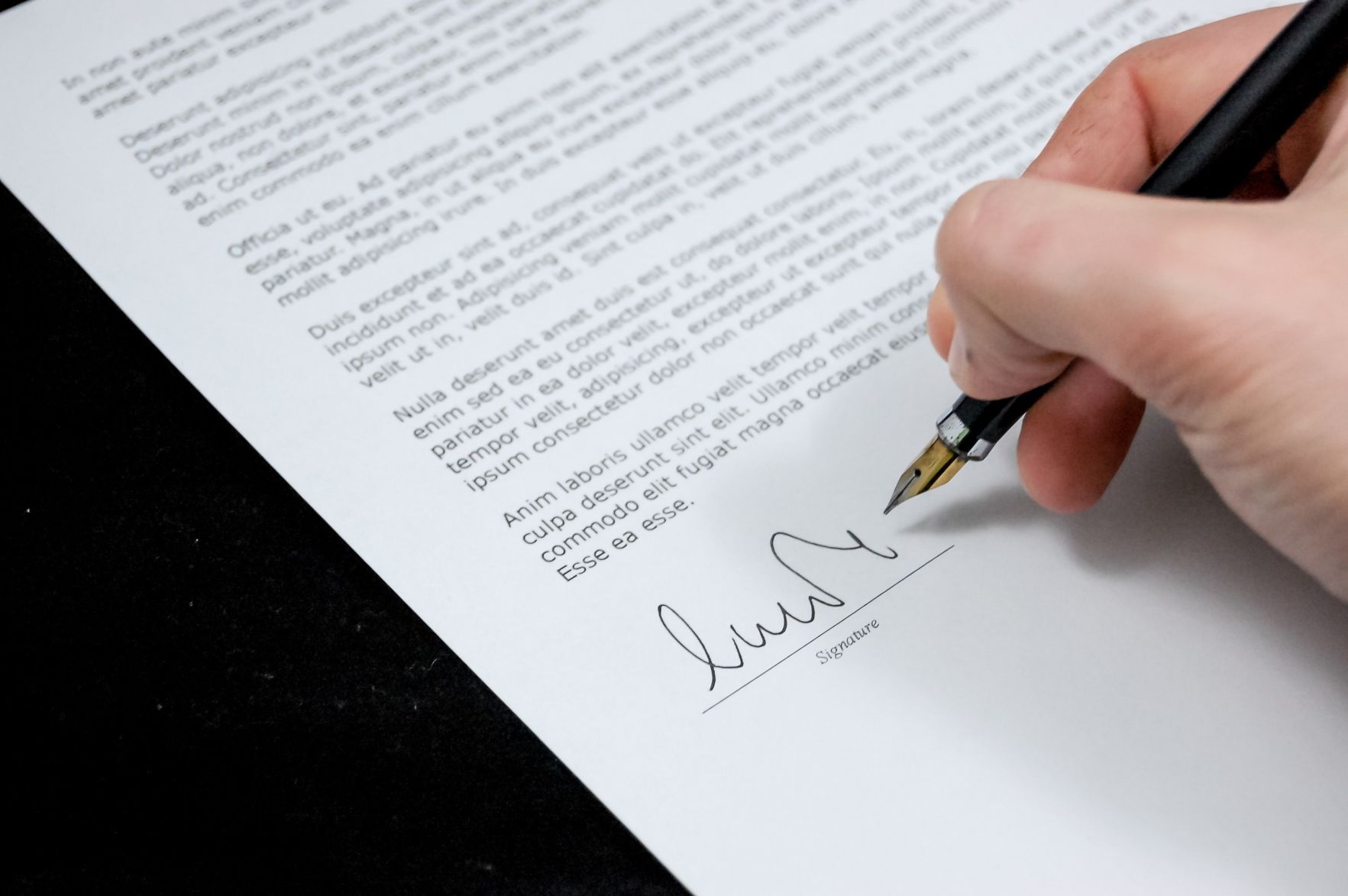“It is a truth universally accepted that a farmer in want of good conversation must remark on the weather.” For anyone who is not a fan of Jane Austen, I should explain that the previous statement is a bit of a play on the opening of her famous novel “Pride & Prejudice.”
The statement is true. Good conversation for farmers must include remarks about precipitation, heat, wind or the lack of any of these things. It will touch on their opinions about the past, present and future weather patterns. They are delighted to talk to someone from outside the county to fill their curiosity about weather in other places. In the case of severe weather, they have a deep need to be informed about the effects of the storm.
The weather is a universally acceptable topic; a foolproof way to start conversation, fill a lull or even a way to break the tension of awkward situations. This universal language is a way to welcome and extend community to anyone you cross paths with. There is little chance of offending, excluding or burning a bridge while talking about the weather. Talking about the weather is a farmer’s way of extending a hand of friendship.
Most importantly, the weather is a farmer’s biggest threat. Farmers have spent generations improving techniques, tools and inputs to increase their crop yields. They have found ways to engineer plants to grow with less water and some have irrigation. However, they are almost all still at the mercy of weather. Farmers talk about the weather because it is constantly on their mind.
When you hear phrases like, “Hot enough for you lately?” or “It is gonna be a scorcher.” I hope you can learn the lesson that my young self was too naive to catch—talking about the weather is so much more than small talk. It is a unique, universal language that has the ability to convey friendship, entertainment and people’s dreams in a brief exchange.
And that is exactly the kind of conversation we need more of in our world.
—Jackie Mundt is a Pratt County, Kansas, farmer and rancher who writes columns for the Kansas Farm Bureau.

